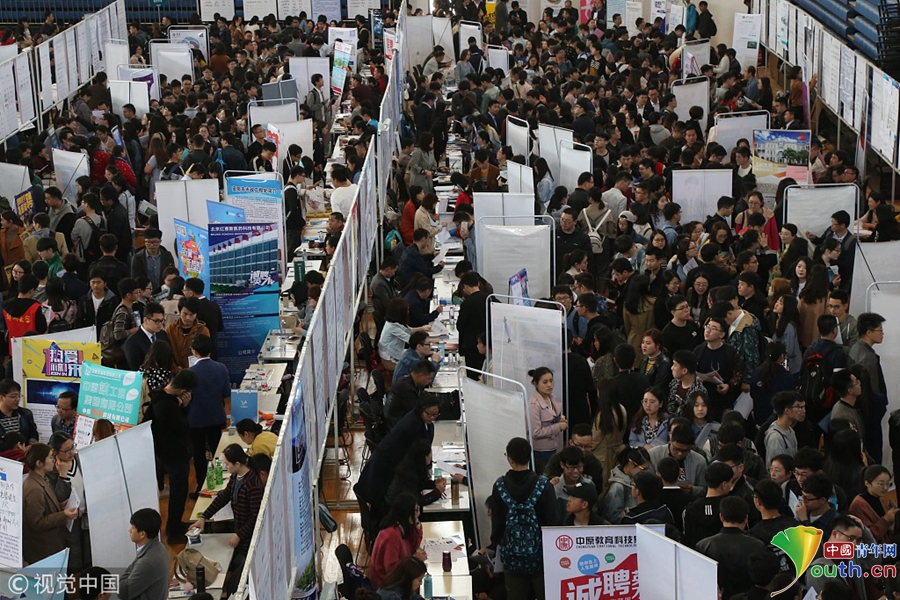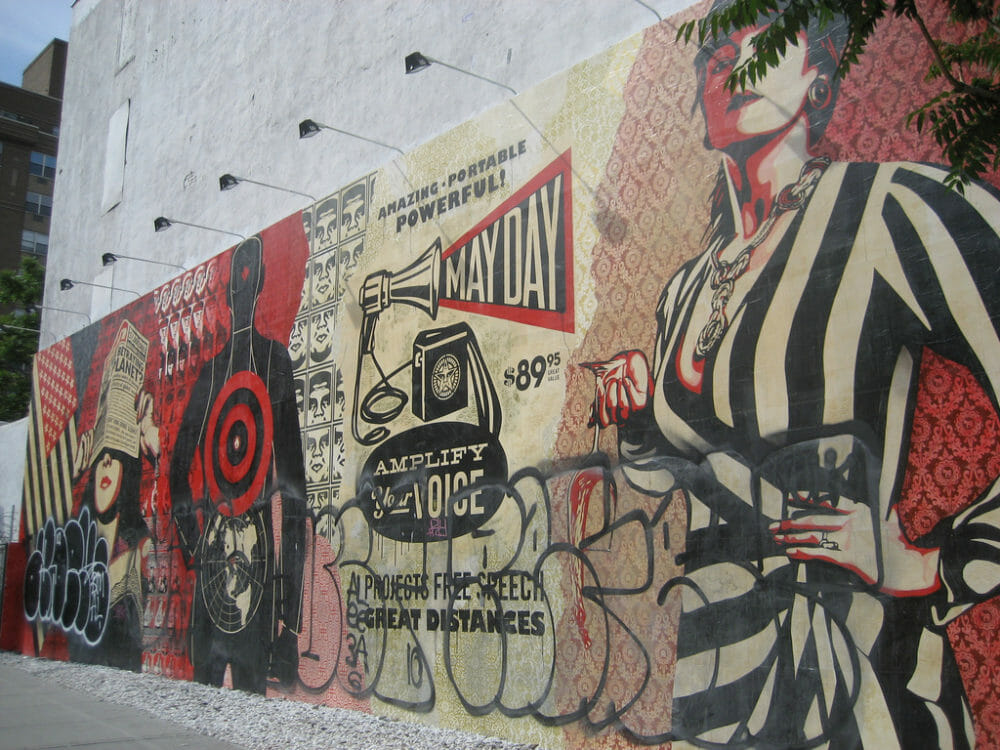Facebook announced on With You AgainFriday that news isn't disappearing from your News Feed, but the social network is placing quite the heavy hand on what it decides to show you.
SEE ALSO: Facebook became your news diet. Now, it's going to serve you junk.The social network will begin incorporating user feedback on which news outlets should be trusted, a change that could be even more important due to the company's recent move to downgrade how much publisher content ends up in users' News Feeds.
It's a dramatic shift for Facebook, which has generally shied away from making judgement calls on the quality of content in lieu of letting users decide what they want to see.
Facebook's previous efforts to curate the news ended with controversy. The company fired editors who curated what content users saw shortly after the practice was exposed. Those editors reportedly shied away from featuring conservative news outlets, according to former employees.
But that was before Facebook faced the wrath of users and U.S. lawmakers for spreading fake news and potentially manipulating the 2016 presidential election.
"There's too much sensationalism, misinformation and polarization in the world today. Social media enables people to spread information faster than ever before, and if we don't specifically tackle these problems, then we end up amplifying them," CEO Mark Zuckerberg said in a post announcing the changes.
The move immediately poses a question: How does Facebook know what's trustworthy? No, Zuckerberg isn't looking to President Trump's Fake News Awards for answers. Rather, Facebook is surveying its users on what sources are trusted.
Facebook surveyed "a diverse and representative sample of people using Facebook across the US," according to a blog post from Facebook's head of News Feed Adam Mosseri.
That survey is one of several signals Facebook is using to "inform" the ranking, according to the post, but did not elaborate on the other factors.
Facebook also said it is working on elevating local news, not particularly in News Feed but by growing a separate section called "Today In," which it announced earlier this month.
Zuckerberg still wants news to be a part of Facebook, just to a lesser extent. As of Friday news makes up about 5 percent of content in News Feed (after last week's announced changes), and the company expects that to drop to 4 percent, Zuckerberg revealed in his Facebook post.
For publishers, the change to prioritize "trusted sources" could be either great or horrible news.
Facebook admitted in its blog post that publishers will either see an increase or decrease in traffic based on the company's chosen ranking.
"For the first change in the US next week, publications deemed trustworthy by people using Facebook may see an increase in their distribution. Publications that do not score highly as trusted by the community may see a decrease," the blog post reads.
Facebook did not disclose what media outlets made the cut based on the survey results and other factors. Mosseri's blog post did link to the company's "Publisher Principles," which outline what the company believes is meaningful content that will perform well on the platform.
So far, the new prioritization is only rolling out in the U.S.
Topics Facebook Social Media Elections Politics
(Editor: {typename type="name"/})
 Is 'Sing Sing' streaming? How to watch the A24 drama at home.
Is 'Sing Sing' streaming? How to watch the A24 drama at home.
 Hands on with Lenovo's 'rollable' display laptop at CES 2025
Hands on with Lenovo's 'rollable' display laptop at CES 2025
 Best monitor deal: Take $70 off the price of the Samsung Essentials S3 curved monitor
Best monitor deal: Take $70 off the price of the Samsung Essentials S3 curved monitor
 The 6 most WTF robots at CES 2025
The 6 most WTF robots at CES 2025
 Shop Owala's Memorial Day Sale for 30% off tumblers
Shop Owala's Memorial Day Sale for 30% off tumblers
The EPA axed its climate change websites, but NASA's are still intact
 Sometime during the night of Oct. 16, 2018, the U.S. Environmental Protection Agency (EPA) eliminate
...[Details]
Sometime during the night of Oct. 16, 2018, the U.S. Environmental Protection Agency (EPA) eliminate
...[Details]
Best Samsung TV deal: Save $1,700 on Samsung S84D 4K OLED TV
 SAVE $1,700:As of Jan. 7, Samsung's 77-inch S84D 4K OLED Smart TV is on sale at Best Buy for $1,599.
...[Details]
SAVE $1,700:As of Jan. 7, Samsung's 77-inch S84D 4K OLED Smart TV is on sale at Best Buy for $1,599.
...[Details]
Toronto Raptors vs. New York Knicks 2025 livestream: Watch NBA online
 TL;DR:Live stream Toronto Raptors vs. New York Knicks in the NBA with FuboTV, Sling TV, or YouTube T
...[Details]
TL;DR:Live stream Toronto Raptors vs. New York Knicks in the NBA with FuboTV, Sling TV, or YouTube T
...[Details]
Adelaide International 2025 livestream: Watch live tennis for free
 TL;DR:Live stream the 2025 Adelaide International for free on 9Now. Access this free streaming platf
...[Details]
TL;DR:Live stream the 2025 Adelaide International for free on 9Now. Access this free streaming platf
...[Details]
The Baffler’s May Day Round Up
 The Baffler ,May 1, 2017 The Baffler’s May
...[Details]
The Baffler ,May 1, 2017 The Baffler’s May
...[Details]
NYT Strands hints, answers for January 8
 If you're reading this, you're looking for a little help playing Strands, the New York Times' elevat
...[Details]
If you're reading this, you're looking for a little help playing Strands, the New York Times' elevat
...[Details]
Best iPad deal: Save $70 on Apple iPad (10th Gen)
 SAVE $70: As of Jan. 7, the Apple iPad (10th Gen) is on sale for $279 at Amazon. This is a 20% savin
...[Details]
SAVE $70: As of Jan. 7, the Apple iPad (10th Gen) is on sale for $279 at Amazon. This is a 20% savin
...[Details]
CES 2025: We hopped into Xpeng Aero HT's 'flying car'
 CES loves a flying car, doesn't it?At this year's consumer tech showcase, we took a look at Xpeng Ae
...[Details]
CES loves a flying car, doesn't it?At this year's consumer tech showcase, we took a look at Xpeng Ae
...[Details]
Alienware M16 Gaming Laptop deal: Save $560
 GET $560 OFF:Apr. 14th, the Alienware M16 240Hz AMD Ryzen 9 7000 16GB RAM RTX 4080 1TB SSD Gaming La
...[Details]
GET $560 OFF:Apr. 14th, the Alienware M16 240Hz AMD Ryzen 9 7000 16GB RAM RTX 4080 1TB SSD Gaming La
...[Details]
NYT Connections hints and answers for January 7: Tips to solve 'Connections' #576.
 Connectionsis the one of the most popular New York Times word games that's captured the public's att
...[Details]
Connectionsis the one of the most popular New York Times word games that's captured the public's att
...[Details]
接受PR>=1、BR>=1,流量相当,内容相关类链接。